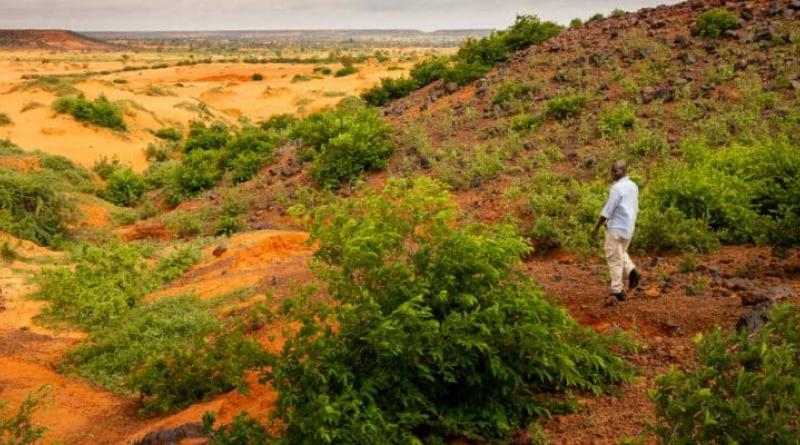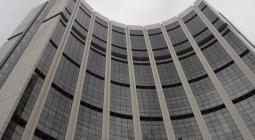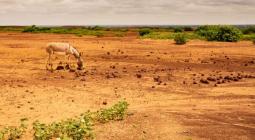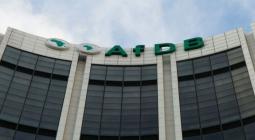The African Development Bank (AfDB) is approving US$ 53.75 million in funding for Mali. The funds are intended to finance a project aimed at strengthening climate resilience in rural areas of Mali.
Good news for Mali. The Board of Directors of the African Development Bank (AfDB) Group has approved US$ 53.75 million in funding for the implementation of the Community Resilience Building Support Project (PARCB). Faced with climate disruption, which is manifested in particular by the resurgence of droughts, the project implemented by the Malian Ministry of Rural Development aims to reduce economic fragility by focusing on improving value chains and agricultural production, in addition to creating small and medium-sized industries.
The financing approved by the AfDB consists of a €34.81 million loan from the African Development Fund (ADF) and a €18.93 million grant. The Malian government is expected to mobilise €5.28 million to ensure the full implementation of the project. The PARCB will enable the establishment of a digital platform to support the development of agricultural value chains.
Development of irrigated agriculture
On the ground, the Government of Mali plans to develop and enhance at least 3,000 hectares of irrigated perimeters and restore at least 5,000 hectares of land degraded by drought. In order to promote the development of fish farming, the Malian government plans to develop “20 fish ponds and fish ponds”. This infrastructural development should be accompanied by the production of 12,000 tonnes of improved seeds and at least 30,000 litres of insecticides “based on natural products”.
Read also- MALI: IDA lends $30m for climate resilience in drylands
According to the Malian government, the PARCB will be implemented in at least 18 communes, with an estimated population of 829,685 in 2022. “Some 346,800 direct and indirect jobs will be created in the various segments of the value chains for the beneficiaries, which will contribute to poverty reduction and the creation of growth and development poles,” the AfDB said.
According to the Bank, the project will improve the productivity of agricultural assets in the plant, animal and aquaculture sectors and the living conditions of the population in the project area. In addition, the PARCB will make it possible to increase the supply of foodstuffs, reduce imports of certain commodities, notably rice, market garden produce, maize, livestock feed, fishery products, etc.
Jean Marie Takouleu







